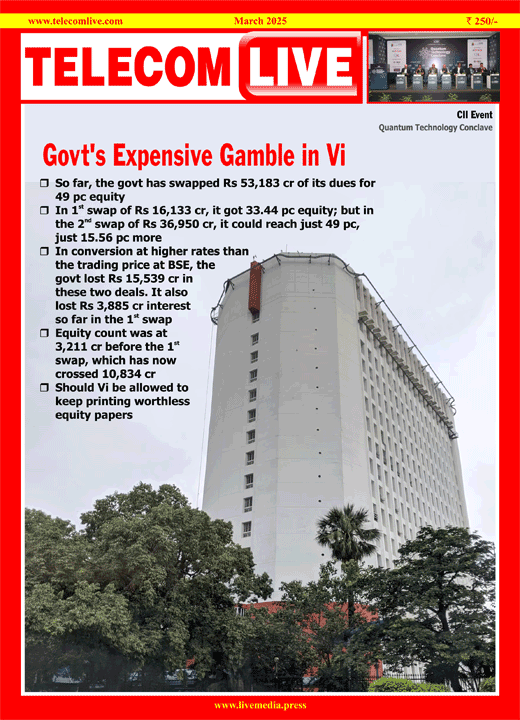Tata Motors integrates artificial intelligence for vehicle safety
Tata Motors has outlined its focus on incorporating artificial intelligence (AI) and other advanced technologies to improve vehicle safety for both occupants and vulnerable road users.
The company said that it is adopting a comprehensive approach that addresses safety before, during, and after accidents.
Safety measures now include pre-accident prevention, crash-event management, and post-accident support. Historically, safety ratings such as the Global New Car Assessment Program (GNCAP) focused on crash-event performance, evaluating injuries and awarding scores based on thresholds. Tata Motors is expanding its approach by emphasising accident prevention technologies.
Speaking on advancements in the safety technology, Mohan Savarkar, chief product officer Tata Motors said, “The integration of AI spans three domains: sensing, thinking, and acting. Sensing involves detecting surroundings, road conditions, and vehicle movements using radars and cameras. Some manufacturers rely solely on cameras, but we employ a combination of radars and cameras to ensure performance under various conditions, including fog and rain.”
The decision-making process in accident prevention relies on an onboard compute system capable of processing data within milliseconds. AI supports object detection and classification, addressing challenges specific to Indian roads, such as identifying scooters with multiple passengers or unconventional vehicles.
The company employs machine learning (ML) for rapid, precise responses. The system processes historical and real-time data without external database reliance, enabling timely decision-making. The goal is to make vehicles responsive without depending on extensive global data sets.
Tata Motors said its safety systems are designed to handle scenarios such as unmarked roads, pedestrians, and unconventional vehicles like hand-pulled rickshaws. This approach aims to ensure the systems are effective in the local context.
According to the company, safety has been a part of Tata Motors’ focus since the establishment of a safety lab in 1997, prior to the launch of its first car, Indica, in 1998. The integration of safety features has been implemented without significant cost increases, it added.
Tata Motors has introduced advanced driver-assistance systems (ADAS) and features like E-Call and B-Call, which provide support in breakdowns or health-related situations. The company aims to make safety technologies accessible for Indian consumers, as demonstrated in models like the Nexon.



